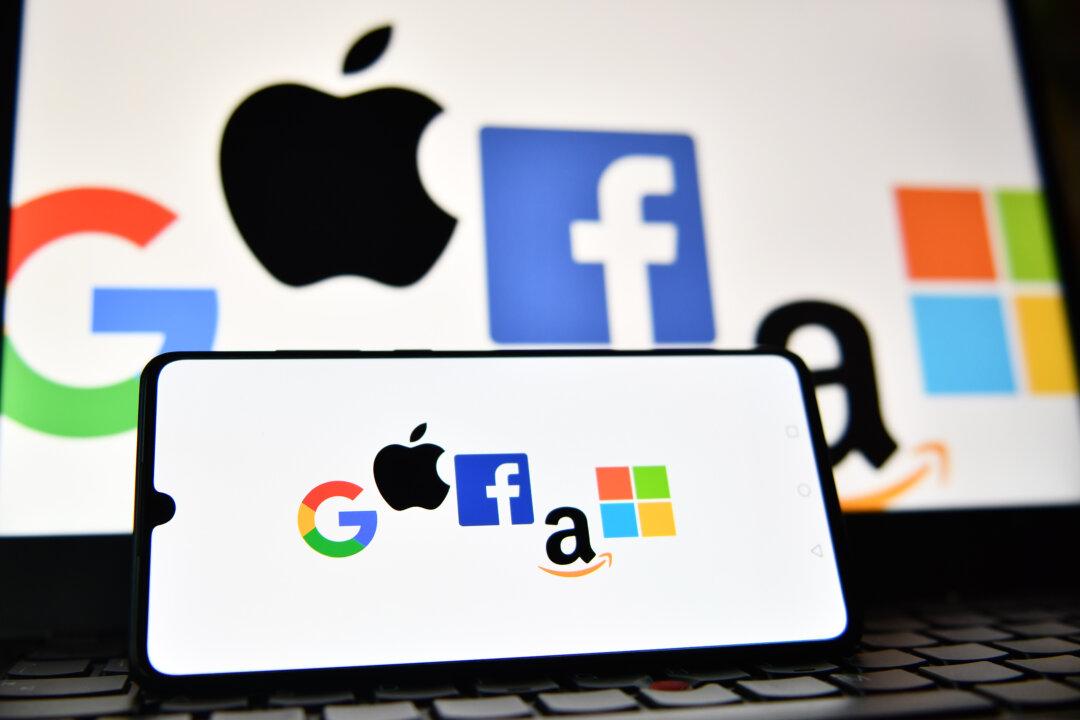When you want internet access, you want it to be fast and inexpensive. Because so many companies offer internet services in many areas, it’s hard to find the best internet deals. Fortunately, many internet providers offer packages that vary enough that you can find one that will match your needs better than other ones.
Free Internet
President Joe Biden created a bipartisan government program called the Infrastructure Investment and Jobs Act, which became law in November 2021. Part of the program released funds to enable many Americans to get low cost internet, and some will be able to get free internet service. The internet package is called the Affordable Connectivity Program (ACP). This program, which has no end date, replaces the Emergency Broadband Benefit program.The ACP allows as many as 45 million Americans to access to the internet program. People approved for the program, says CNBC, will get a discount of up to $30, and people living on qualified tribal lands can get a discount of up to $75. The program also provides a one-time discount for a laptop, tablet, or desktop computer after a copay of $10 to $50. It could be an easy way to get cheap internet because some broadband providers offer packages that cost less than $30.






